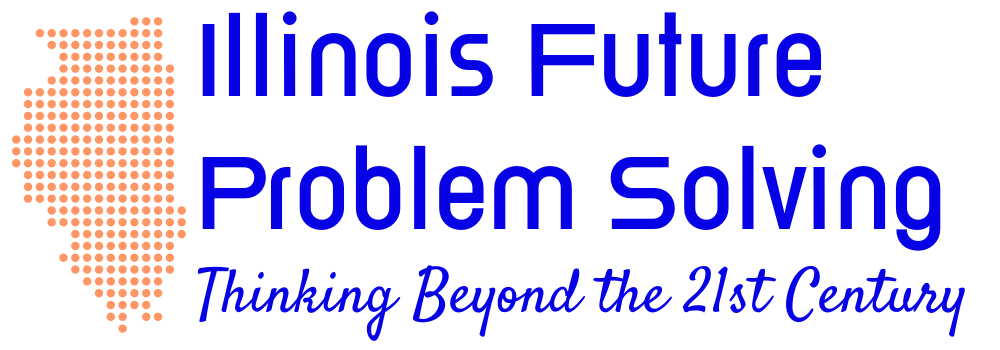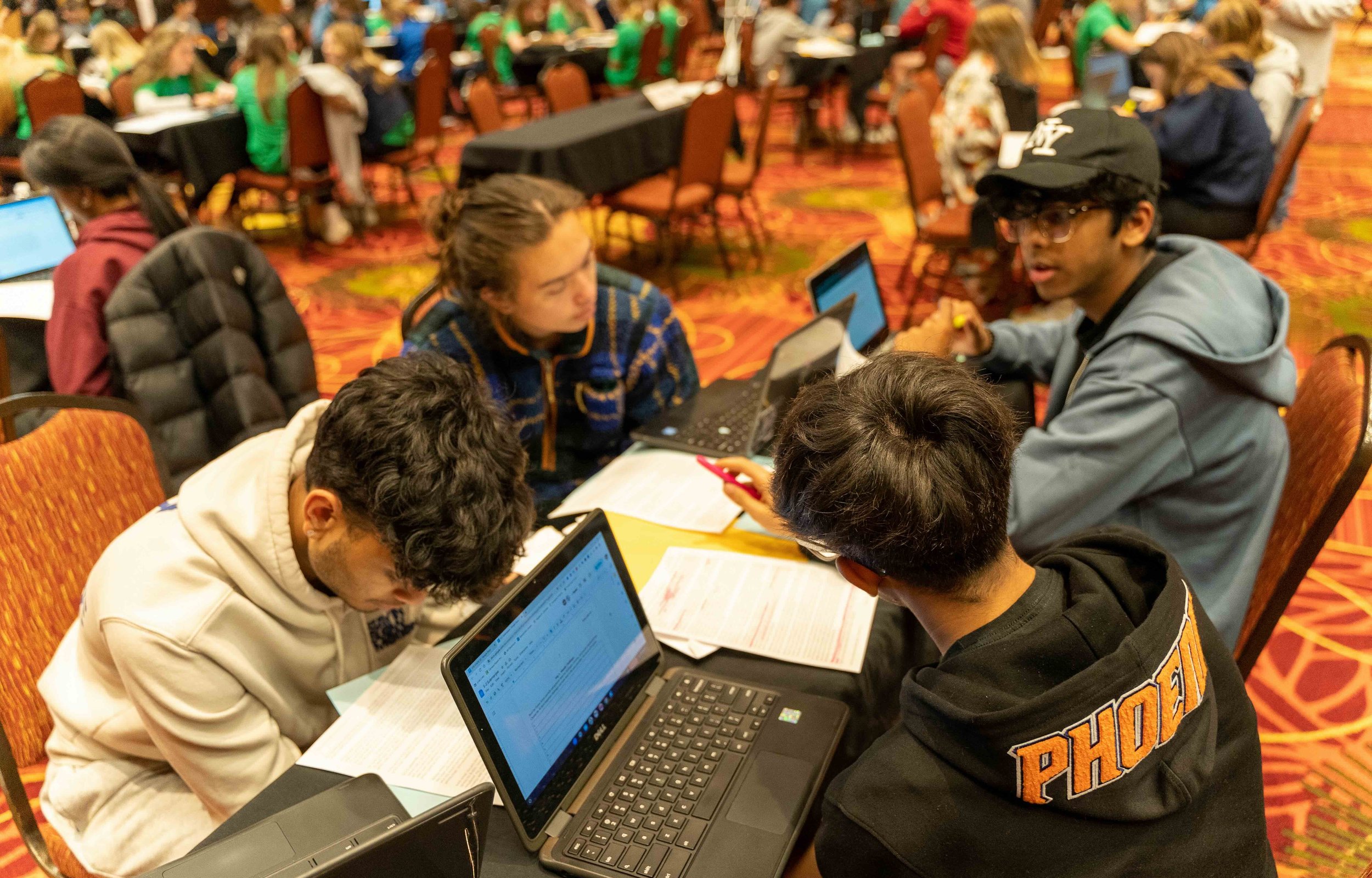TEAM
PROGRAMS
Global Issues Problem Solving
Teams of 3 to 4
Designed for grade levels 4-12, the FPS Global Issues Problem Solving (GIPS) component is a statewide, national, and international competitive program. Students form a team of 3 to 4 people. Students then research topics that have implications for the future. (See recent/upcoming topics) FPSB teams apply the 6 step process to three topics annually. A future scene or imagined future story prompts students to tackle social, scientific, political, economic, or technological issues. Teams explore challenges to the future as they refine thier critical and creative thinking skills; select one problem area; produce unique solution ideas; and develop an action plan to resolve their specific problem. Students then present a 5 minute skit to "sell" their solution to an audience of their peers. Grade levels are Junior (4-6), Middle (6-8), and Seniors (9-12)
Community Projects
Teams of up to 15
In Community Projects form a group of up to 15 students from a school or classroom apply the 6 STEP problem solving process to real community challenges. Students gain networking skills as they experience the process of change. School and community are linked more closely together as students reach out to solve issues in the real world. Our team from Alcott School in Chicago during 2002-2003 school year focused on the West Nile Virus, a critical issues in Illinois. Other teams have worked with the elderly (Gary School in West Chicago), turned flood plains into parks (PORTA H.S. in Petersburg), and teen race relations (Danville H.S.). Grade levels are Junior (4-6), Middle (6-8), and Seniors (9-12)



